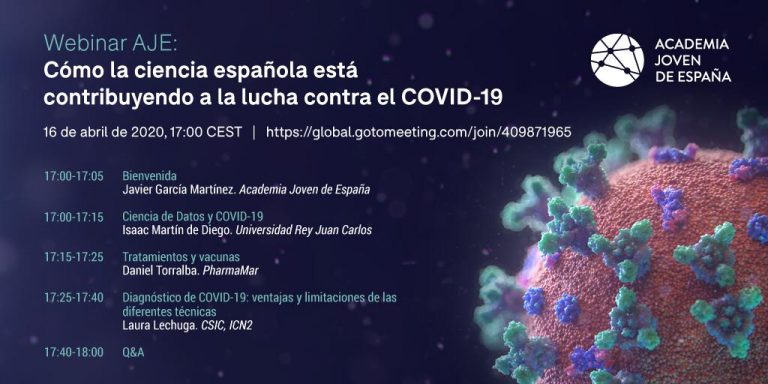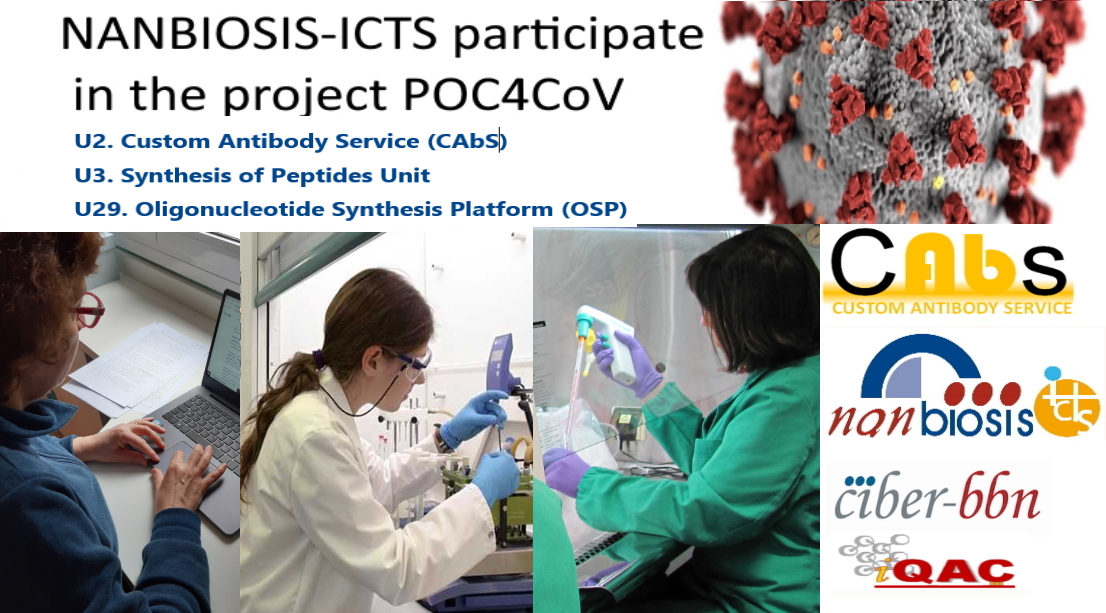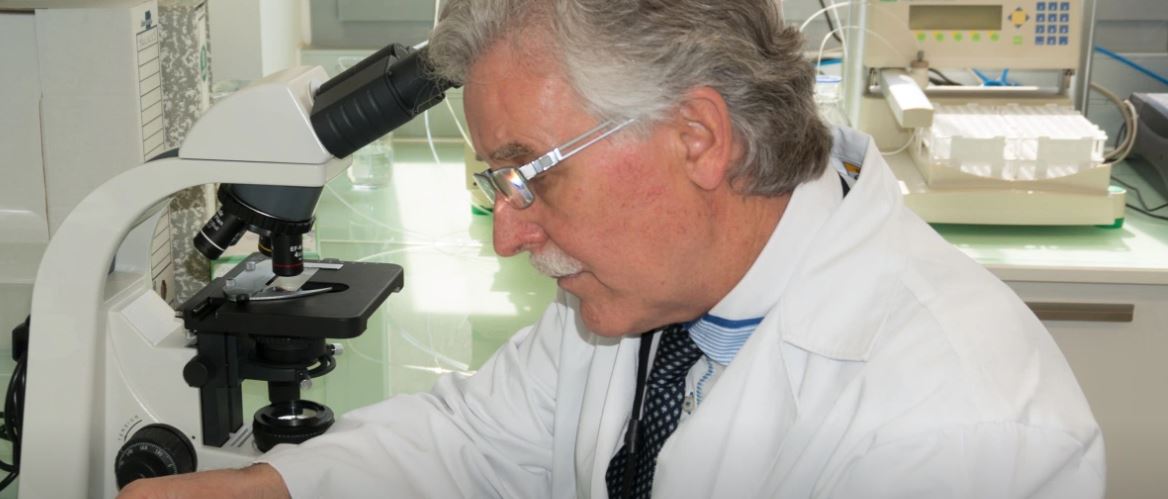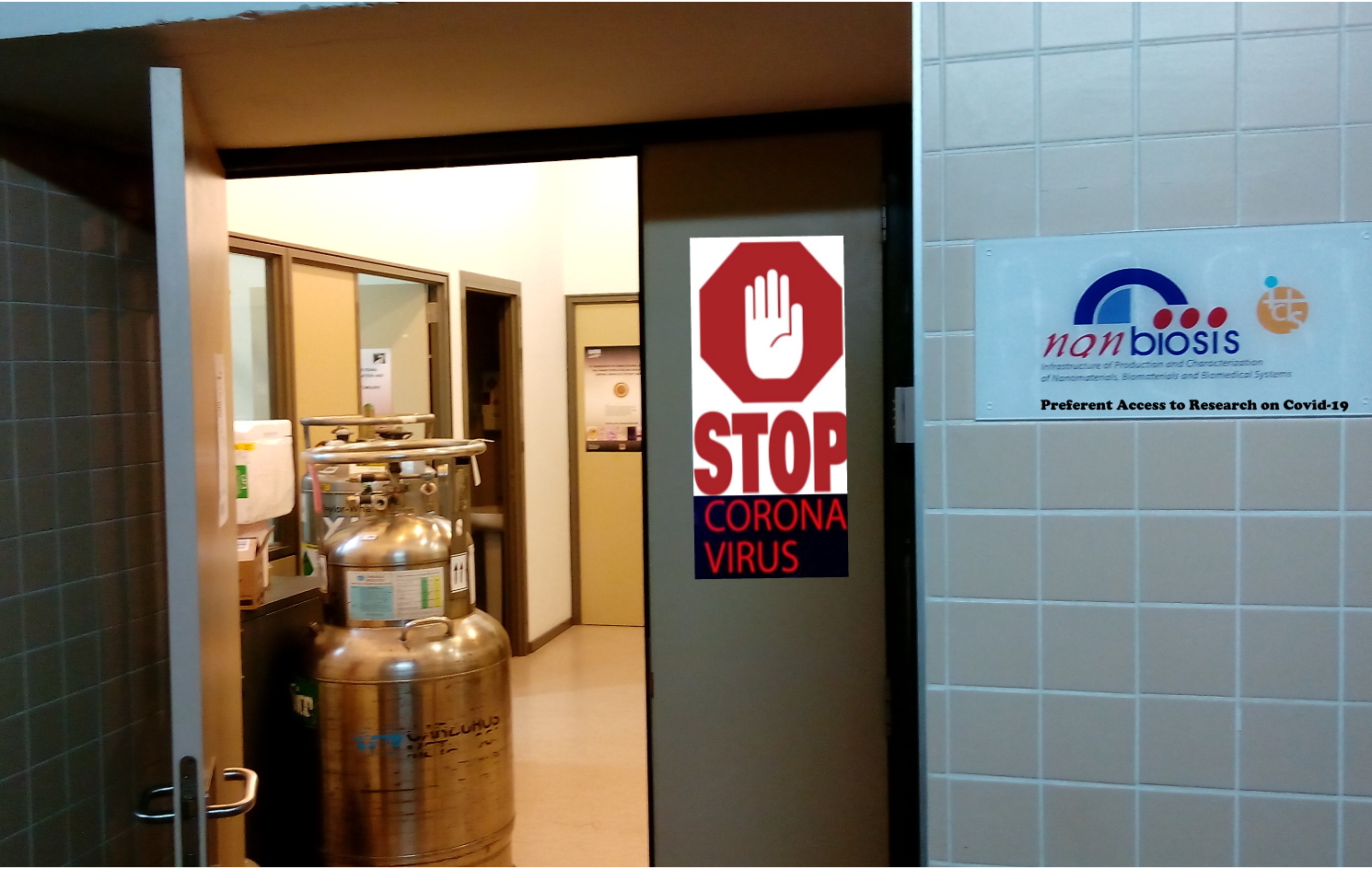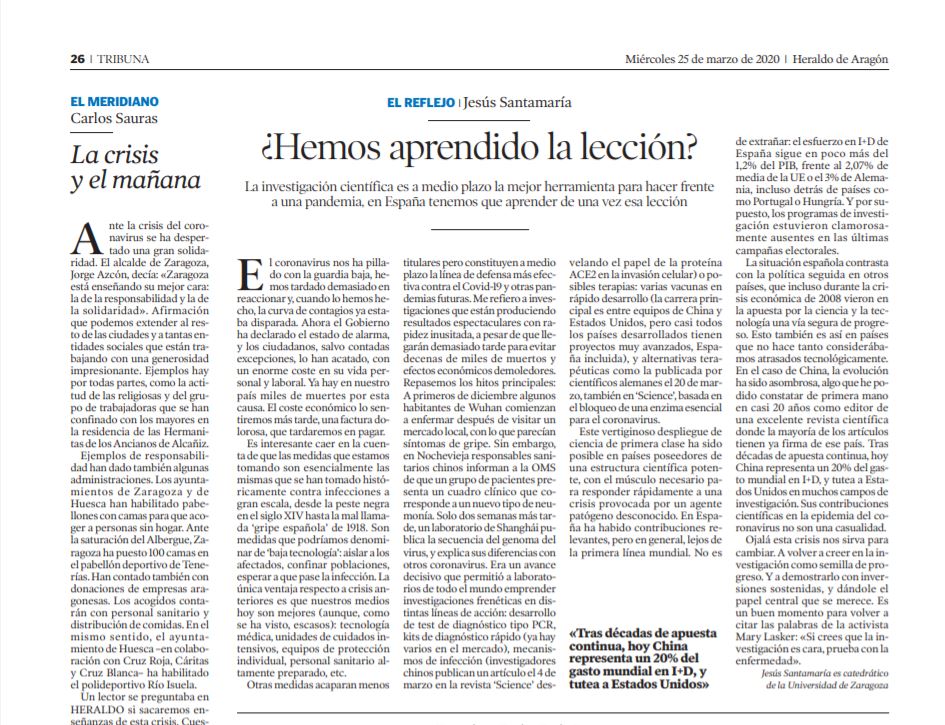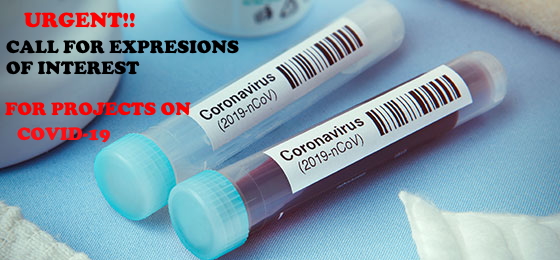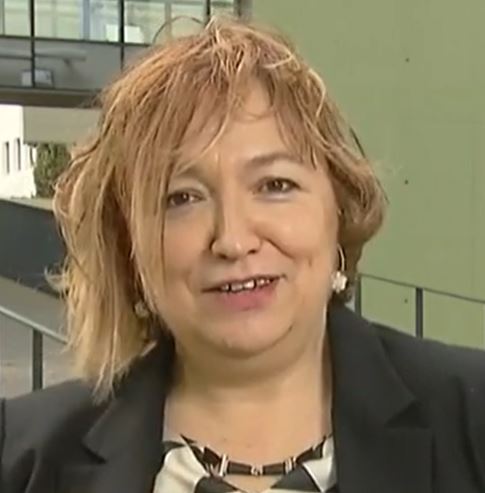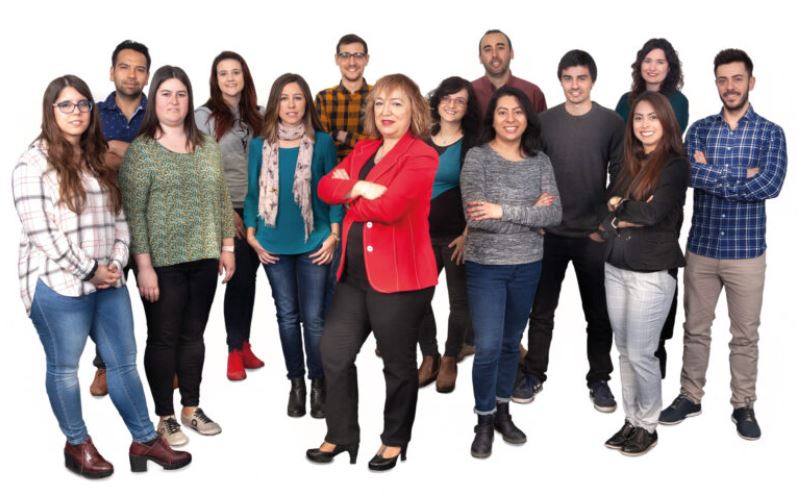COVIDー 19: diagnosis advantages and limitations of different techniques
Prof. Laura Lechuga, Scientific Director of NANBIOSIS U4 Biodeposition and Biodetection Unit of CIBER-BBN and ICN2-CSIC, who is coordinating the European proyect CONVAT for rapid diagnosis and monitoring of COVID ー 19, will be one of the speakers at the webinar organized next tuesday, 16 by the Young Academy of Spain, (JAE) about How Spanish science is contributing to the fight against COVID-19.
The talk by Prof Lechuga is titled “COVIDー 19 diagnosis: advantages and limitations of different techniques”
Global Young Academy (GYA) was created in 2010 at the initiative of young scientists and researchers from around the world who met in 2008 and 2009 during the “Annual Meeting of the New Champions”, known as “Summer Davos”. One of the objectives of the GYA is to promote the creation of National Young Academies around the world. JAE was created in march 2019 with the aim of representing and giving visibility to young scientists, preferably from the field of experimental sciences. The profile of the members of this Academy will coincide with the average of 40 years of age and 12 years from the attainment of the title of doctor, since a young scientist is understood as one who has reached maturity and is in the phases initials of his independent research career. Jesús Martínez de la Fuente, Principal Investigator of a CIBER-BBN group is Member of the Governing Board of the Young Academy of Spain.
